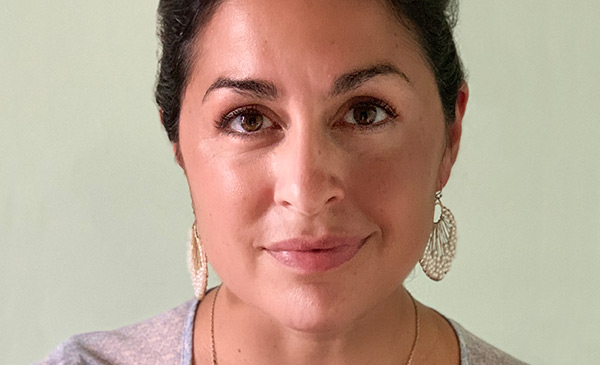Assistant Professor Walter Gómez
Expertise in substance use among sexual minority men, syndemics and intersectionality Heading link

A recent research focus for Walter Gómez has been methamphetamine use among sexual minority men, with data gathered primarily in the San Francisco area, where he worked before joining JACSW. “My study initially focused on how sex and sexual compulsivity played a role in these mens’ lives, and how it impacted recovery efforts for them,” he says. “But I also looked at the effects of interventions themselves. Methamphetamine is one of the few high-risk, high-priority areas that do not have an approved biomedical intervention for recovery. So I’m interested in seeing if and how we can ramp up behavioral interventions to be more effective.”
Gómez sees both intersectionality and syndemics as central to his work. He explains syndemics as involving multiple co-occurring synergistic, adverse events that impact health and well-being in particular communities or groups. “You may be dealing with people impacted by substance use, but who are also understood to have higher rates of depression, sexual abuse, trauma, poverty, incarceration, and other factors,” he says. “You can’t just look at addiction as a siloed phenomenon, you have to look at how all of these other adverse events and experiences impact their trajectory.”
He explains intersectionality as entailing demographic traits; describing people who are multiply oppressed and may carry multiple identities. In the case of his study the population was HIV positive men with histories of substance use. “But it’s essential to examine all the additional ways they experience oppression or marginalization,” he says.
Gómez notes that methamphetamine use research with sexual minority men is more focused in coastal metropolitan centers such as New York, Miami, San Francisco or Los Angeles, and that in the Midwest meth tends to be more used by the straight white population. “Here, opioids are the focus, so it’s going to require adaptation of my work to the local environment,” he says, “but the goal is to continue this kind of research to address the needs of these communities in Chicago.”


